Small Dog Teeth Problems: Why Smaller Breeds Have Dental Issues
Did you know that by the time a dog reaches 2 years old, there’s an 80% chance that it will have some sort of periodontal disease? It’s a sad, but true fact: teeth and gum issues are extremely common in dogs. And that’s especially true of smaller dogs, which are more likely to experience dental issues (and more likely to experience them at a younger age).
Read on for more information about teeth problems in both small dogs and large dogs, along with a few tips on how to help keep your dog’s dental health in tip-top shape.
Why Are Small Dogs More at Risk for Teeth Problems?
No one is 100% sure why small dogs have more dental issues, although many people believe it may be related to the smaller size of their head and jaw area. When the mouth is overcrowded with teeth, it becomes easier for food to get stuck between teeth and start to collect bacteria.
It’s also more common for small dogs to keep their baby teeth, which can contribute to even more overcrowding of the mouth. If your dog hasn’t naturally shed their baby teeth, consider asking your vet if they should be removed to help free up space for their adult teeth.
Last but not least, some breeds of dogs also tend to experience more teeth crowding as a result of an abnormal bite or a flattened face (such as with pugs or Boston terriers).
What Are the Problems Caused by Periodontal Issues?
Teeth and gum issues can range in severity from mild discomfort to creating a serious health issue. Over the short term, plaque forms on the surface of the teeth. For the first 48 hours or so, that plaque can be removed with a toothbrush.
But once that plaque has time to harden into tartar, it becomes much more difficult to remove. And over time, that tartar can introduce bacteria to the gum—causing inflammation and potentially even tooth loss.
What Should You Do If You Have a Small Dog?
Taking care of your dog’s dental health is always important, but especially so with small dogs. It pays to take the time to practice the preventative measures that can help keep your dog’s teeth and gums healthy.
One easy way to take care of your dog’s dental health is to give them dental chews and other dental products such as oral sprays, gels, or water additives. Look for the VOHC seal of approval, which stands for the Veterinary Oral Health Council, to find products that will effectively reduce plaque and tartar.
Another important habit is brushing your dog’s teeth. Doing this on a daily basis can help you remove plaque before it hardens into tartar. If you need help learning how to brush your dog’s teeth effectively, ask your vet to show you how.
But while preventive measures are important, it’s also important to take your dog to the vet regularly. Make sure they take a look at your dog’s teeth and gums and let them know if you notice any signs of dental issues, such as bad breath, inflamed gums, or discolored teeth. Your vet will be able to examine your dog’s mouth, and to schedule x-rays if necessary to analyze the extent of any dental problems.
And if it turns out that your dog does have periodontal issues, your vet will be able to perform a professional cleaning that can remove the tartar that you can’t remove at home. When you put them both together, at-home preventive measures and a veterinarian’s professional treatments can help keep your dog’s teeth and gums healthy for life—no matter what size dog you have.
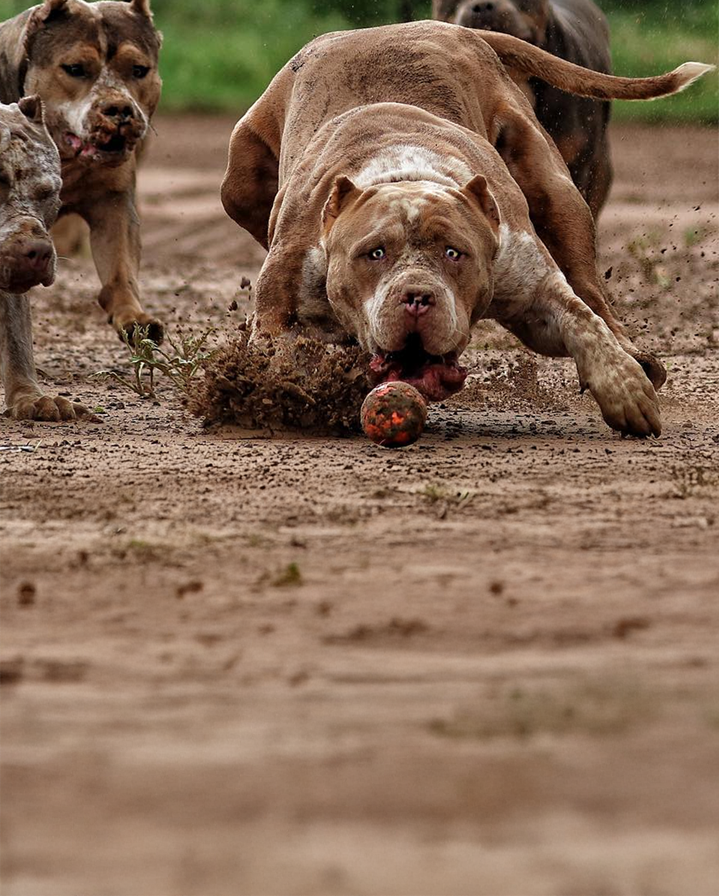
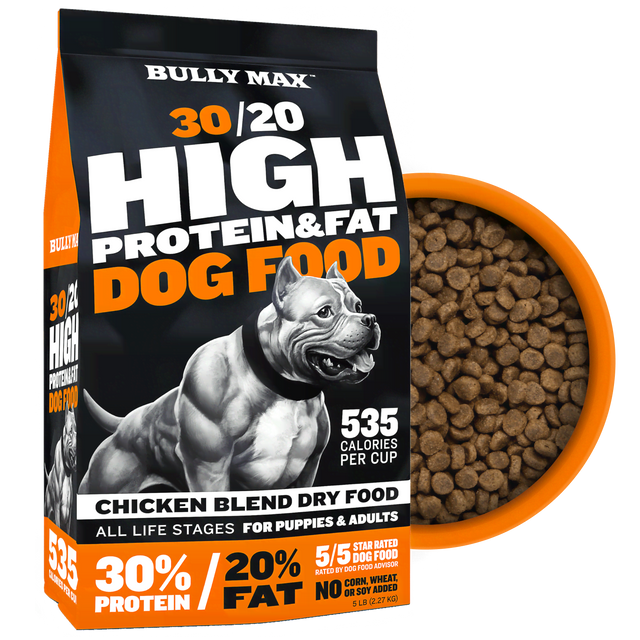
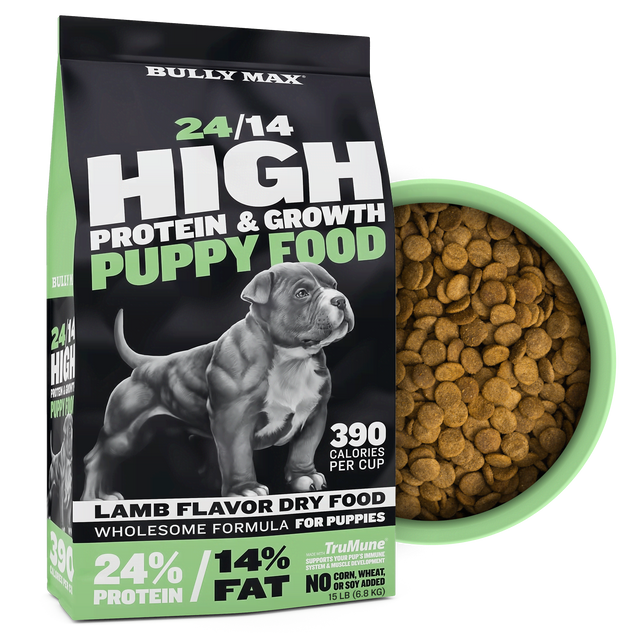
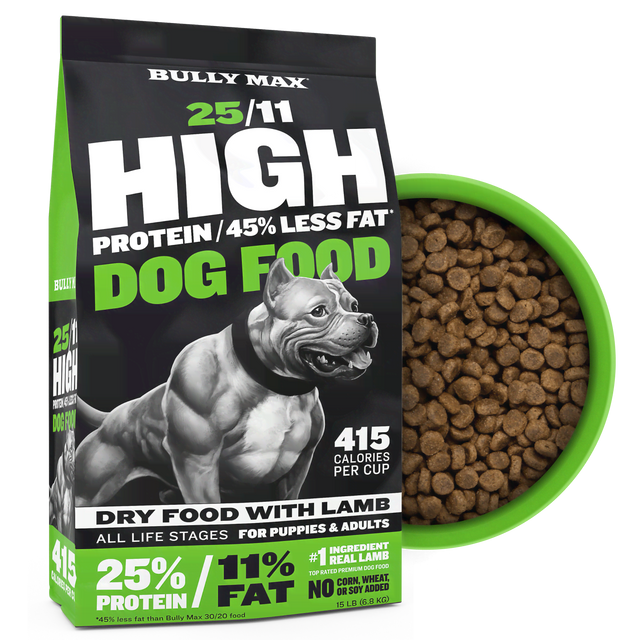
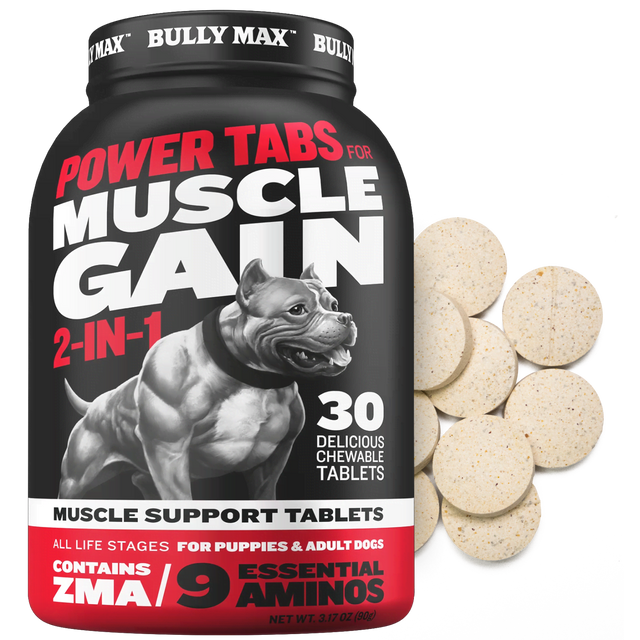




1 comment
Great article, my Chihuahua has terrible breath and goes crazy when you try to brush her teeth. I found the turmeric, I put a teaspoon in her food every morning and it is helping. Pixiepetsupply.com